1. No Guns Allowed in Town Limits
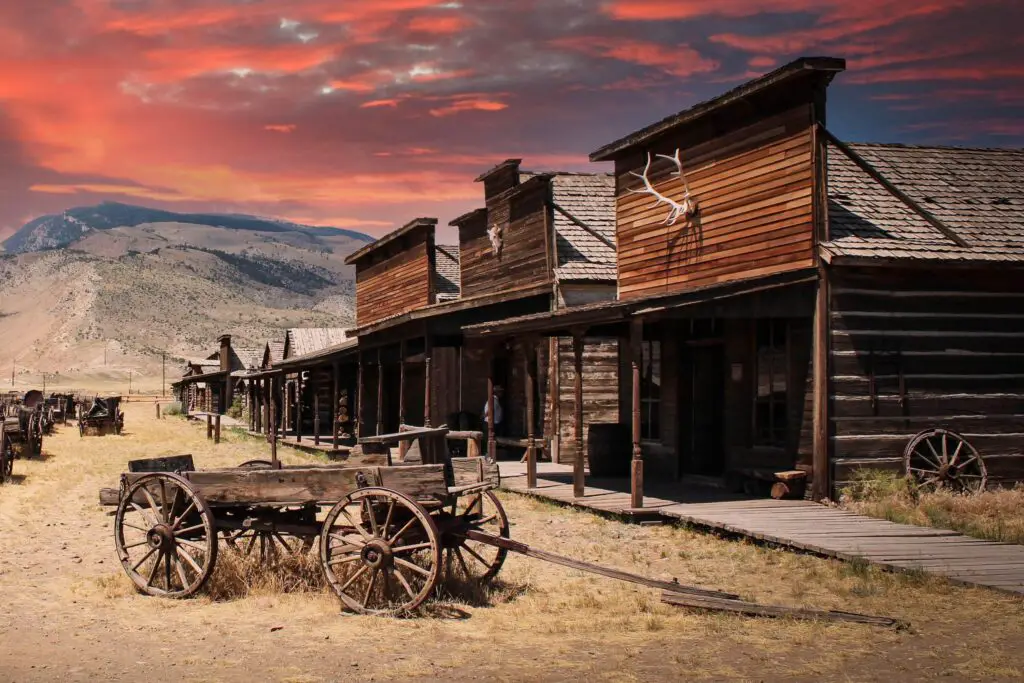
While the Wild West is often seen as a land of shootouts and lawlessness, many towns had strict rules about carrying guns within city limits. Sheriffs would require visitors to surrender their firearms upon entering town to avoid unnecessary violence. This law was meant to keep the peace and prevent drunken disputes from escalating into deadly shootouts. Tombstone, Arizona, famously enforced this rule, and ignoring it could land you in jail or worse. The irony? The gun control we associate with modern cities had its roots in the supposedly untamed Wild West.
2. No Spitting on the Sidewalk
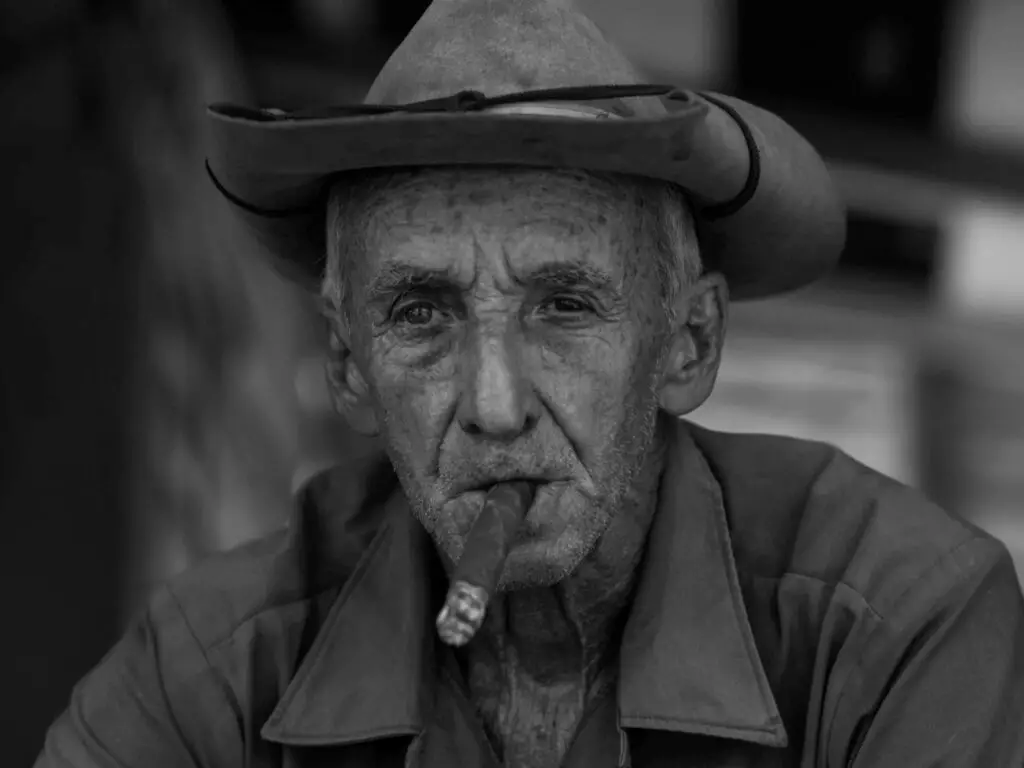
Spitting wasn’t just gross; it was a health hazard in many frontier towns. Diseases like tuberculosis were rampant, and public spitting spread germs like wildfire. To combat this, towns implemented strict rules banning spitting on sidewalks or saloon floors. Violators could face a fine or a night in jail, depending on the sheriff’s mood. The rule was often enforced by overly enthusiastic town marshals who carried spittoons for offenders to make their point clear.
3. Dress Codes for Men and Women
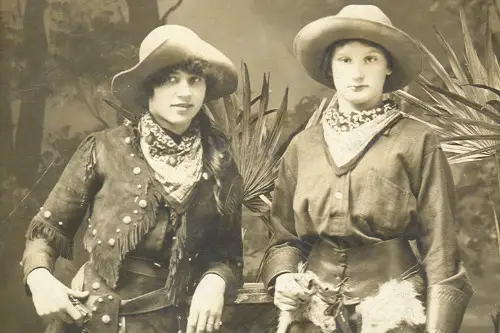
You might think the Wild West was all about freedom, but even clothing had rules. Some towns had ordinances requiring men to wear pants and shirts while prohibiting women from dressing “like men.” These dress codes aimed to maintain a certain level of propriety and distinguish between genders. Women who broke the rule could face fines or public shaming. Of course, these rules were often challenged by bold individuals, like Calamity Jane, who made a name for herself by flouting expectations.
4. No Drinking on Sundays
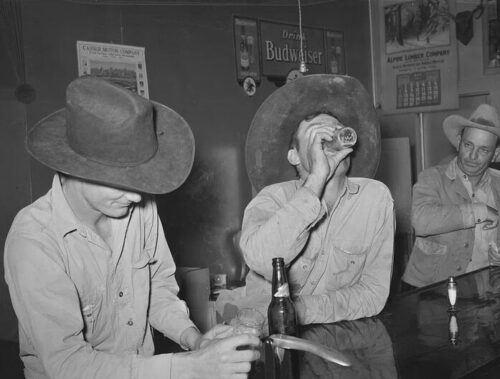
For many Wild West towns, Sundays were strictly off-limits for drinking. Saloons were required to close or face hefty fines. These rules stemmed from religious influence and were designed to encourage residents to attend church rather than spend their wages on whiskey. Of course, many saloon owners found creative ways around the law, like offering drinks behind closed doors or labeling alcohol as “medicinal tonics.” Still, towns tried their best to keep Sundays holy—even if only a few obeyed.
5. Mandatory Bathing for Visitors
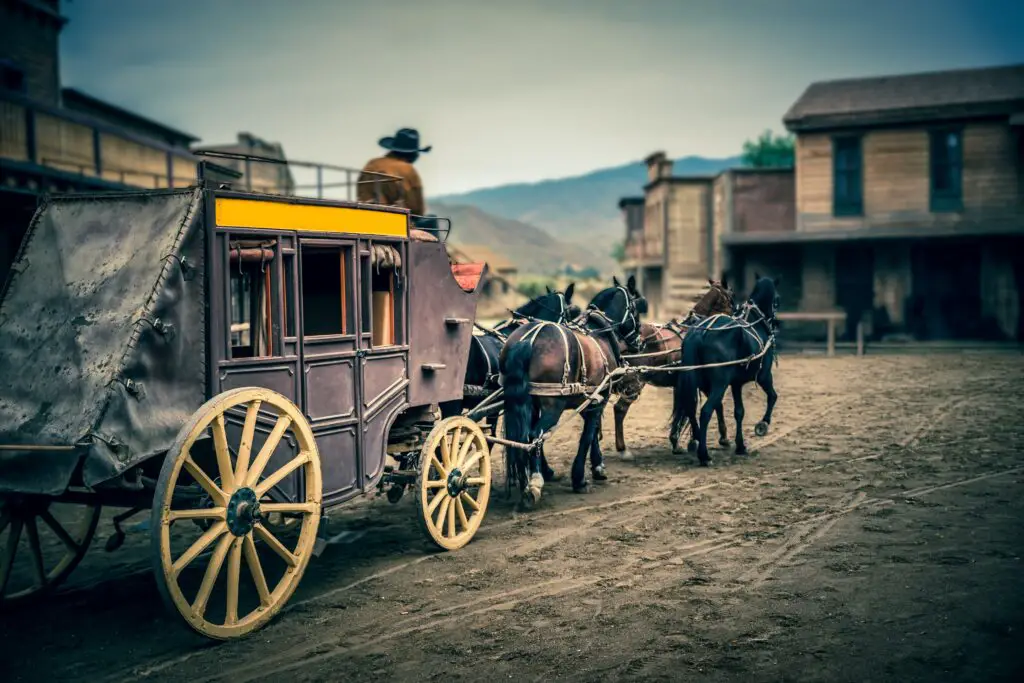
Hygiene was a serious concern in the Wild West, where disease could spread quickly in crowded towns. In some places, visitors arriving on stagecoaches were required to take a bath before mingling with the townsfolk. Bathhouses capitalized on this rule, charging travelers a fee to use the facilities. The practice wasn’t just about cleanliness—it also aimed to protect towns from illnesses brought by weary travelers. For those unwilling to comply, a swift boot back to the stagecoach awaited.
6. No Riding Horses on Sidewalks
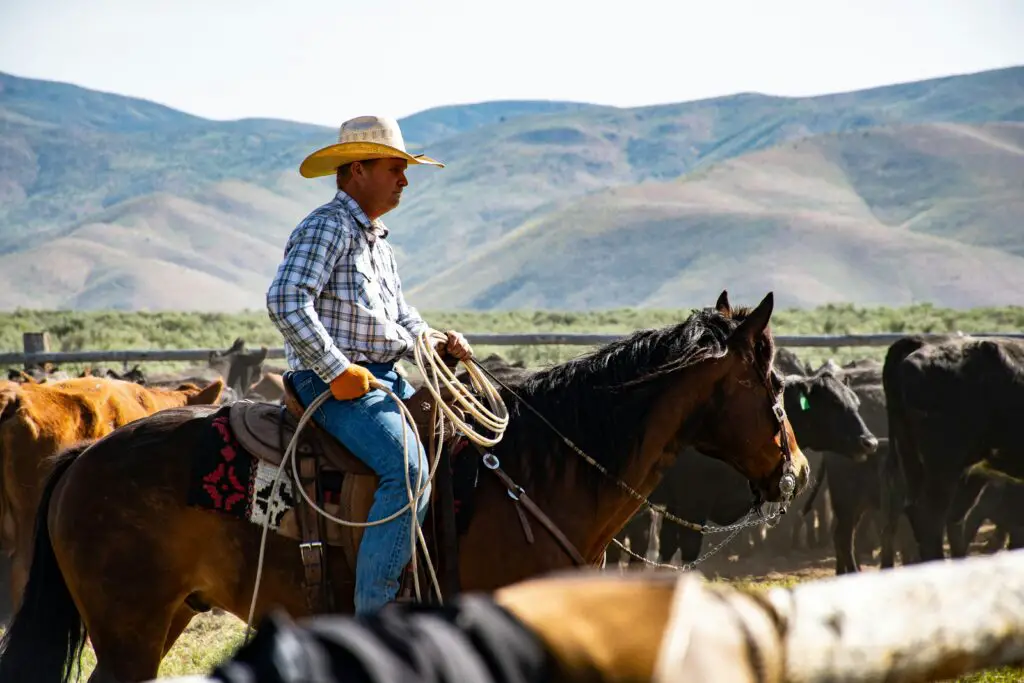
As bizarre as it sounds, riding your horse on sidewalks was strictly forbidden in many frontier towns. Sidewalks were a rare luxury made of wooden planks, and horses could easily damage them. Plus, a horse clomping through a crowded area wasn’t exactly safe for pedestrians. Sheriffs and marshals were quick to fine or reprimand anyone breaking this rule. For cowboys used to riding anywhere they pleased, this was often a tough habit to break.
7. Curfews for Cowboys
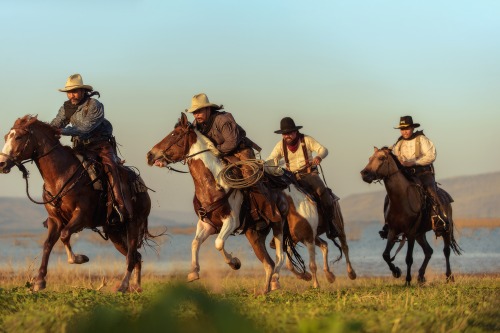
Wild West towns often had trouble controlling rowdy cowboys, especially after they’d hit the saloons. To curb the chaos, towns enacted curfews requiring cowboys to be off the streets by a certain hour. This rule was mostly aimed at cowhands who rolled into town after long cattle drives and were eager to let loose. Lawmen would patrol the streets, sending anyone still partying home or straight to jail. It wasn’t just about peace—it was about protecting property from drunken brawls.
8. Dogs Must Wear Bells
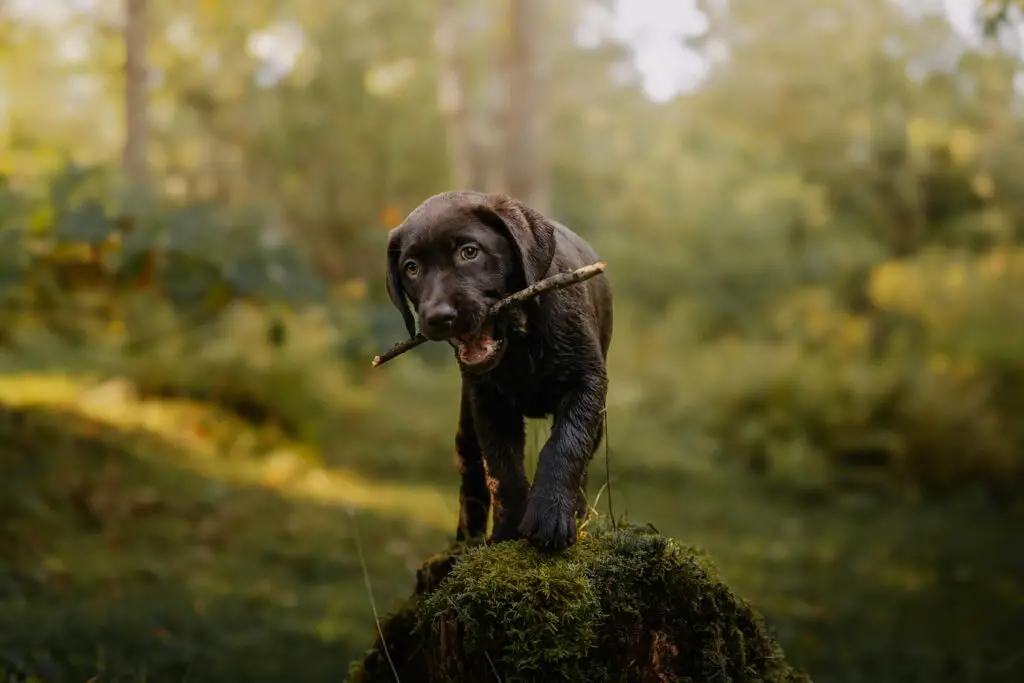
In some towns, dogs were required to wear bells around their necks. The reason? To warn pedestrians and livestock of their approach. Stray dogs were common in frontier towns, and without bells, they could easily sneak up on chickens, cattle, or unsuspecting townsfolk. The bells were also used to distinguish pets from strays, which could be rounded up and shot if they caused trouble. It was a bizarre but practical solution for managing the town’s canine population.
9. No Loud Music After Dark
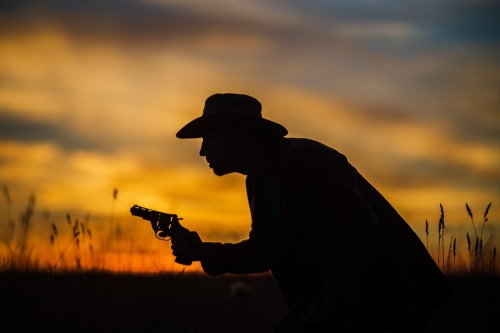
Even in the Wild West, towns had noise ordinances to keep things quiet at night. Loud music, gunshots, and rowdy singing were forbidden after a certain hour, especially near residential areas. These rules aimed to give hardworking townsfolk a good night’s sleep. Musicians who ignored the rule could have their instruments confiscated or face fines. While it may seem strange for the “lawless” Wild West, some towns prided themselves on being peaceful places to live.
10. Licenses for Playing Cards
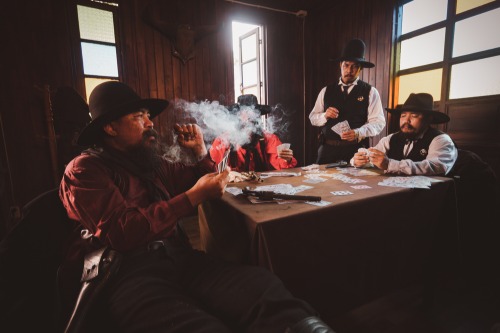
Gambling was a major pastime in Wild West towns, but it wasn’t always legal. Some towns required gamblers to purchase licenses to play cards in public places. Without a license, you risked fines, confiscation of your winnings, or jail time. The licenses allowed towns to regulate gambling and collect fees to fund public projects. It also helped local lawmen keep tabs on professional gamblers, who were often accused of cheating newcomers out of their money.
11. No Swearing in Public

Believe it or not, cursing in public was illegal in some Wild West towns. This rule stemmed from a mix of religious influence and a desire to maintain public decency. People who broke the rule could be fined, thrown in jail, or forced to apologize publicly. While it may seem out of place in a rough-and-tumble frontier town, swearing laws reflected an effort to civilize the Wild West. It’s hard to imagine some grizzled cowboy biting his tongue, but many had to.
12. You Couldn’t Bathe in the River
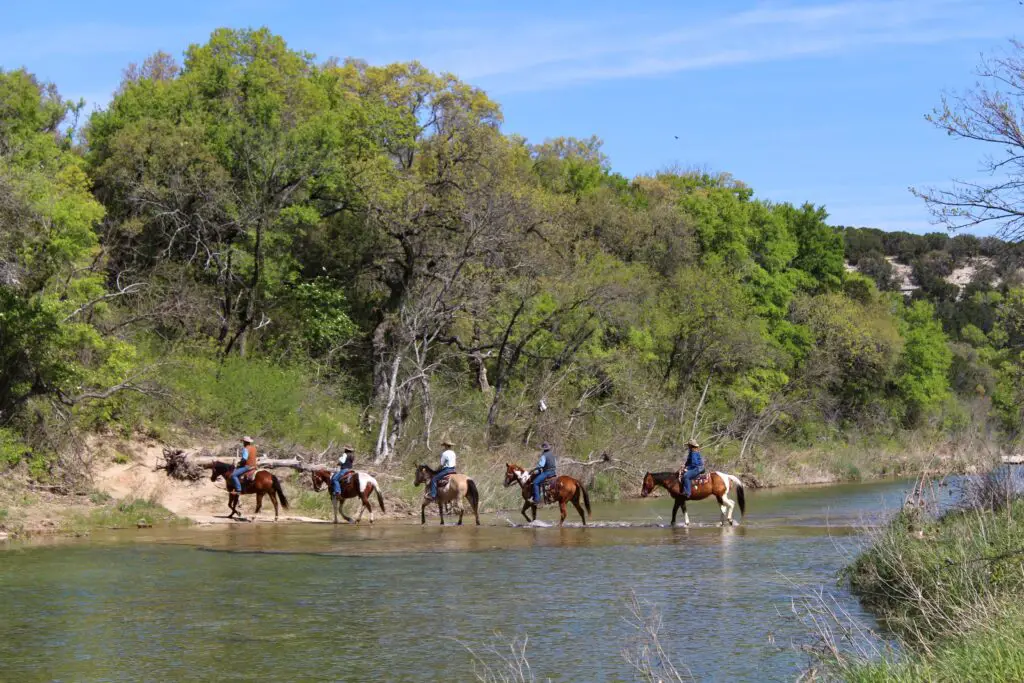
In towns near rivers, it was often illegal to bathe in them. While rivers were essential for drinking water, washing clothes, and cooking, bathing contaminated the supply. Laws prohibited people from using rivers for personal hygiene to keep water sources clean. Bathhouses were set up as alternatives, offering clean water (for a price). For pioneers who preferred a free bath, sneaking into the river at night was a common, if risky, workaround.
13. No Selling Firearms to Native Americans
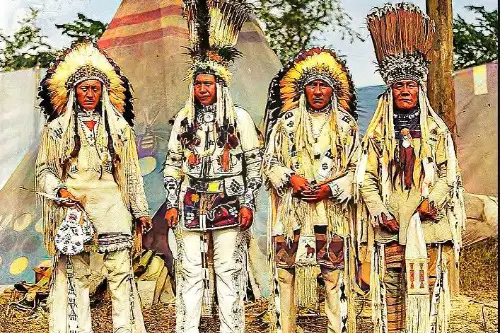
While controversial today, many Wild West towns banned selling firearms to Native Americans. These laws were rooted in fear of uprisings and tensions between settlers and indigenous tribes. Towns enforced this rule with steep penalties for anyone caught violating it. Merchants faced fines, jail time, or even banishment if they disobeyed. These laws reflected the deeply strained relationships of the time, often fueled by mistrust and conflict over land.
14. Don’t Gamble During Church Hours
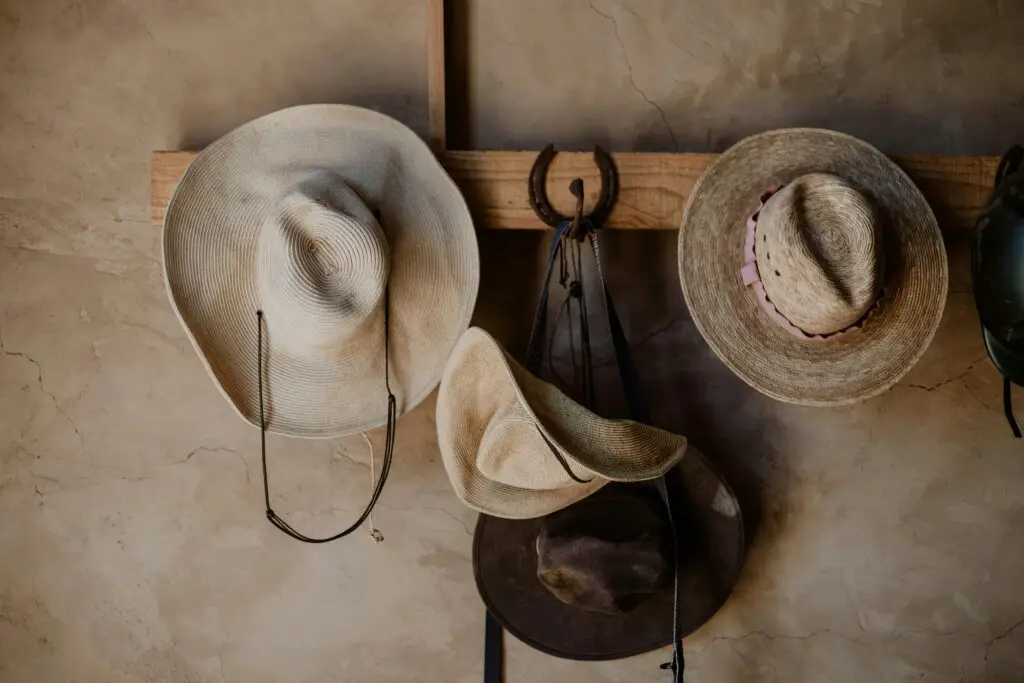
For towns with strong religious roots, gambling during church hours was strictly forbidden. Saloon owners were required to shut down poker tables and gambling games until services ended. This rule aimed to keep residents focused on their spiritual obligations rather than earthly distractions. Violating it could result in fines or temporary closure of the saloon. For gamblers desperate to roll the dice, they’d have to wait until the preacher gave his final “Amen.”


